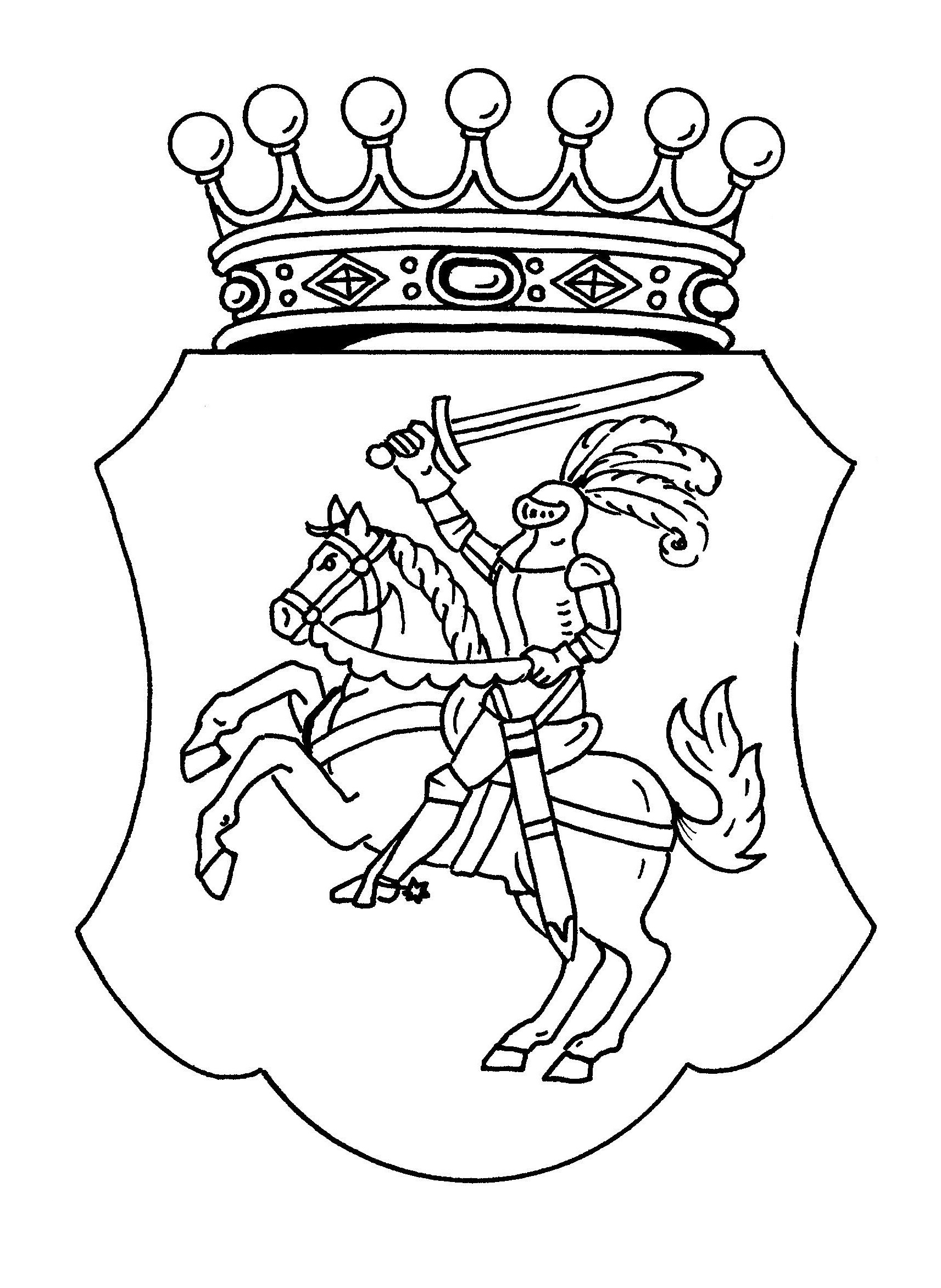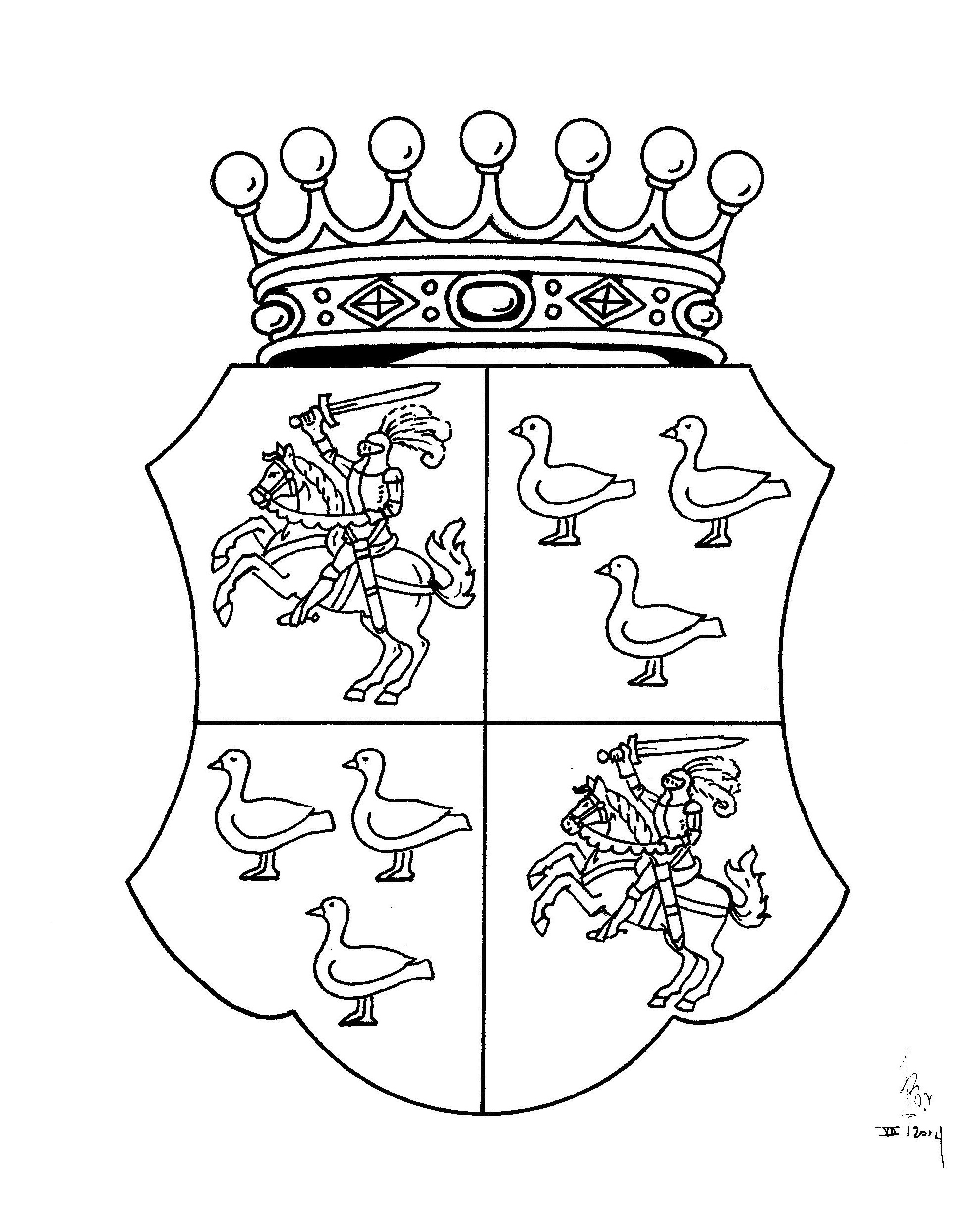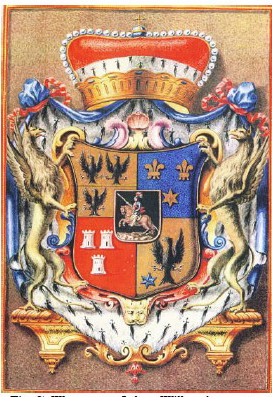Ripperda on:
[Wikipedia]
[Google]
[Amazon]
Ripperda is the name of an old and prominent family that belongs to the German, Austrian, Spanish and




Surnames German noble families Noble families of the Holy Roman Empire Barons of the Holy Roman Empire Dutch noble families
Dutch nobility
The Dutch nobility is a small elite social class constisting of individuals or families recognized as noble, and with or without a title of nobility in the Kingdom of the Netherlands.
The existence of nobility was established in the Constitution ...
. Members of this family have played a major role in European history as soldiers, politicians and diplomats.
Origins
The origins of the name are not completely clear but the family seems to originate fromEast Frisia
East Frisia or East Friesland (german: Ostfriesland; ; stq, Aastfräislound) is a historic region in the northwest of Lower Saxony, Germany. It is primarily located on the western half of the East Frisian peninsula, to the east of West Frisia ...
, settling in the north-eastern part of the Netherlands
)
, anthem = ( en, "William of Nassau")
, image_map =
, map_caption =
, subdivision_type = Sovereign state
, subdivision_name = Kingdom of the Netherlands
, established_title = Before independence
, established_date = Spanish Netherl ...
(de Ommelanden), the current province of Groningen
Groningen (; gos, Grunn or ) is the capital city and main municipality of Groningen province in the Netherlands. The ''capital of the north'', Groningen is the largest place as well as the economic and cultural centre of the northern part of t ...
, in the 14th century. The name Ripperda is probably derived from the man's name Rippert (Rupert). This was not uncommon among Frisian families.
Barons
In 1474,Frederick III, Holy Roman Emperor
Frederick III (German: ''Friedrich III,'' 21 September 1415 – 19 August 1493) was Holy Roman Emperor from 1452 until his death. He was the fourth king and first emperor of the House of Habsburg. He was the penultimate emperor to be crown ...
conferred upon Unico II Ripperda and all his descendants the title of baron
Baron is a rank of nobility or title of honour, often hereditary, in various European countries, either current or historical. The female equivalent is baroness. Typically, the title denotes an aristocrat who ranks higher than a lord or knig ...
with Imperial immediacy
Imperial immediacy (german: Reichsfreiheit or ') was a privileged constitutional and political status rooted in German feudal law under which the Imperial estates of the Holy Roman Empire such as Imperial cities, prince-bishoprics and secular pri ...
(“Reichsunmittelbarer Häuptling und Freiherr”) and the right to issue coins ("muntrecht"). On 3 September 1676, Leopold I, Holy Roman Emperor
Leopold I (Leopold Ignaz Joseph Balthasar Franz Felician; hu, I. Lipót; 9 June 1640 – 5 May 1705) was Holy Roman Emperor, King of Hungary, Croatia, and Bohemia. The second son of Ferdinand III, Holy Roman Emperor, by his first wife, Maria An ...
recognised this nobility
Nobility is a social class found in many societies that have an aristocracy (class), aristocracy. It is normally ranked immediately below Royal family, royalty. Nobility has often been an Estates of the realm, estate of the realm with many e ...
diploma and confirmed the title of baron
Baron is a rank of nobility or title of honour, often hereditary, in various European countries, either current or historical. The female equivalent is baroness. Typically, the title denotes an aristocrat who ranks higher than a lord or knig ...
("Reichsfreiherr") for all members of the house of Ripperda.
From the 11th century, members of this family had ruled as local chiefs in the provinces of Groningen and East Frisia
East Frisia or East Friesland (german: Ostfriesland; ; stq, Aastfräislound) is a historic region in the northwest of Lower Saxony, Germany. It is primarily located on the western half of the East Frisian peninsula, to the east of West Frisia ...
. Later, they also belonged to the local nobility
Nobility is a social class found in many societies that have an aristocracy (class), aristocracy. It is normally ranked immediately below Royal family, royalty. Nobility has often been an Estates of the realm, estate of the realm with many e ...
of Drenthe
Drenthe () is a province of the Netherlands located in the northeastern part of the country. It is bordered by Overijssel to the south, Friesland to the west, Groningen to the north, and the German state of Lower Saxony to the east. As of Nov ...
, Overijssel
Overijssel (, ; nds, Oaveriessel ; german: Oberyssel) is a Provinces of the Netherlands, province of the Netherlands located in the eastern part of the country. The province's name translates to "across the IJssel", from the perspective of the ...
, Zutphen
Zutphen () is a city and municipality located in the province of Gelderland, Netherlands. It lies some 30 km northeast of Arnhem, on the eastern bank of the river Ijssel at the point where it is joined by the Berkel. First mentioned in the 1 ...
, Münster
Münster (; nds, Mönster) is an independent city (''Kreisfreie Stadt'') in North Rhine-Westphalia, Germany. It is in the northern part of the state and is considered to be the cultural centre of the Westphalia region. It is also a state di ...
and Minden
Minden () is a middle-sized town in the very north-east of North Rhine-Westphalia, Germany, the greatest town between Bielefeld and Hanover. It is the capital of the district (''Kreis'') of Minden-Lübbecke, which is part of the region of Detm ...
, among others. Their influence and wealth continued to increase throughout The Netherlands
)
, anthem = ( en, "William of Nassau")
, image_map =
, map_caption =
, subdivision_type = Sovereign state
, subdivision_name = Kingdom of the Netherlands
, established_title = Before independence
, established_date = Spanish Netherl ...
and Westphalia
Westphalia (; german: Westfalen ; nds, Westfalen ) is a region of northwestern Germany and one of the three historic parts of the state of North Rhine-Westphalia. It has an area of and 7.9 million inhabitants.
The territory of the regio ...
with the help of advantageous marriages and alliances. At their zenith, in the 17th and 18th centuries, the Ripperdas were among the most powerful and wealthiest nobles in the region. As such, they are closely related to a number of other prominent noble families.




Ripperdas today
The Dutch branches of Ripperda-Farmsum
Farmsum () is a village in the Netherlands, Dutch province of Groningen (province), Groningen. It is a part of the municipality of Eemsdelta.
History
The village was first mentioned in the 10th or 11th century as "de Fretmarashem", and means "se ...
, - Oosterwijtwerd, -Winsum
Winsum () is a town and a former Municipalities of the Netherlands, municipality in the northeastern Netherlands. On 1 January 2019 the municipality merged with the municipalities of Bedum, De Marne and Eemsmond to form the new municipality Het H ...
, -Vorden
Vorden is a former municipality and a town in the eastern Netherlands, about 10 kilometres south-east of Zutphen. On 1 January 2005 the municipality merged with Hummelo en Keppel, Steenderen, Hengelo en Zelhem, to form the new municipality Bronck ...
and - Weldam had all died out by the late 18th century. The German branch of Ripperda- Petkum died out in 1739; the Spanish branch De Ripperdá in 1873, the Austrian branch of Ripperda- Boxbergen in 1920; and the German branch of Ripperda- Ellerburg shortly after World War II
World War II or the Second World War, often abbreviated as WWII or WW2, was a world war that lasted from 1939 to 1945. It involved the vast majority of the world's countries—including all of the great powers—forming two opposin ...
. Today, two Danish members of the branch of Ripperda-Ellerburg (a.k.a. "de Ripperda") survives in Copenhagen, and five of the Dutch-German branch, von Ripperda-Cosyn, in London and Paris.
In addition, numerous descendants of an illegitimate son of John Willem Ripperda listed below) exist in Lingen
Lingen (), officially Lingen (Ems), is a town in Lower Saxony, Germany. In 2008, its population was 52,353, and in addition there were about 5,000 people who registered the city as their secondary residence. Lingen, specifically "Lingen (Ems)" is ...
(Germany) and the United States. However, the latter have never belonged to the nobility and are not formally recognised by the family.
Famous scions
*John William, Baron Ripperda
Juan Guillermo, Baron de Ripperdá, 1st Duke of Ripperdá (7 March 1684 in Oldehove5 November 1737 in Tétouan), was a political adventurer and Spanish Prime Minister.
Origins
According to a story which he himself set going during his advent ...
.
*Wigbolt Ripperda
Wigbolt, Baron Ripperda (1535? – 16 July 1573) was the city governor of Haarlem when the city was under siege by the Spanish army in the Eighty Years' War.
Biography
Wigbolt Ripperda was the son of Baron Focko Ripperda van Winsum and Bar ...
.
*Juan María Vicencio de Ripperdá
Juan María Vicencio de Ripperdá, Baron de Ripperdá (Madrid, 1 September 1725 - Honduras, 21 October 1780) was the Spanish governor of Texas and Honduras.
Early life
He was the son of Dutch political adventurer John William, Baron Ripperda an ...
.
* Willem Ripperda.
Sources
*"Genealogie van het Geslacht Ripperda" by mr. C.P.L. Rutgers (1902). *"Genealogie van het Geslacht Ripperda" by Pieter van Agteren (2014). *"Het Geslacht Ripperda" by R.S. Roorda (1954). *"Genealogie über 16 Generationen des Reichsfreiherrlichen Geschlechtes von Ripperda" by Udo Reichsfreiherr von Ripperda (Köningsberg, 1934). *"Huisarchief van Farmsum" in the archives of the Hoge Raad van Adel (High Council for Nobility), The Hague. *"Johan Willem Ripperda – De man die geen koning werd van Corsica" by Sytze van der Veen (2007). *Von Ripperda family-archive. *"Gothäisches Genealogisches Taschenbuch der Freiherrlichen Hauser" (1894, 1904, 1942) *"Genealogisches Handbuch des Adels - Band 122, Adelslexikon XI Pre-Rok" (2000) *"Portraits of the House of Ripperda - A Catalogue" by Charles F. Ponsonby (2016)External links
* Rob Hubert: House of RipperdSurnames German noble families Noble families of the Holy Roman Empire Barons of the Holy Roman Empire Dutch noble families